
0
+
Google Reviews

0
+
4.7 (2080 Ratings)
Data Science and Machine Learning with Python is a field of study and practice that combines data analysis, statistical modeling, and machine learning techniques using the Python programming language. Data Science and Machine Learning with Python involve the use of Python programming along with statistical analysis and machine learning techniques to extract insights, build predictive models, and solve complex data-related problems across various domains, including finance, healthcare, marketing, and more.


Curriculum Designed by Experts
Course content summary -Introduction to Data Science with Python
Python Essentials
NumPy, pandas, scikit-learn, stat models, nltk
Accessing/Importing And Exporting Data Using Python Modules
Data Manipulation – Cleansing – Munging using python modules
Data Analysis – Visualization Using Python
Introduction to Statistics
Introduction to Predictive Modelling
Data Exploration For Modelling
Data Preparation
Segmentation: Solving Segmentation Problems
Linear Regression: Solving Regression Problems
Logistic Regression : Solving Classification Problems
Time Series Forecasting : Solving Forecasting Problems
Machine Learning
Unsupervised Learning : Segmentation
Supervised Learning :- Decision Trees
Supervised Learning :- Ensemble Learning
Supervised Learning :- Artificial Neural Network – ANN
Supervised Learning :- Support Vector Machines
Supervised Learning :-KNN
Supervised Learning :- Naive Bayes
Text Mining And Analytics
You should be able to demonstrate these skills
This course does not require a prior quantitative or mathematics background. It starts by introducing basic concepts such as the mean, median mode etc. and eventually covers all aspects of an analytics (or) data science career from analysing and preparing raw data to visualizing your findings. If you’re a programmer or a fresh graduate looking to switch into an exciting new career track, or a data analyst looking to make the transition into the tech industry – this course will teach you the basic to Advance techniques used by real-world industry data scientists.
Course Contains
Introduction to Data Science with Python
Outline for this course
Introduction to Data Science with Python
Python Essentials
Accessing/Importing And Exporting Data Using Python Modules
Data Manipulation – Cleansing – Munging using python modules
Data Analysis – Visualization Using Python
Introduction to Statistics
Introduction to Predictive Modelling
Data Exploration For Modelling
Data Preparation
Segmentation: Solving Segmentation Problems
Linear Regression: Solving Regression Problems
Logistic Regression : Solving Classification Problems
Unsupervised Learning : Segmentation
Supervised Learning :- Decision Trees
Time Series Forecasting : Solving Forecasting Problems
Machine Learning : Predictive Modelling
Supervised Learning :- Ensemble Learning
Supervised Learning :- Artificial Neural Network – ANN
Supervised Learning :- Support Vector Machines
Supervised Learning :-KNN
Supervised Learning :- Naive Bayes
Text Mining And Analytics
Audience for this course
Radical Technologies is the leading IT certification institute in Kochi, offering a wide range of globally recognized certifications across various domains. With expert trainers and comprehensive course materials, it ensures that students gain in-depth knowledge and hands-on experience to excel in their careers. The institute’s certification programs are tailored to meet industry standards, helping professionals enhance their skillsets and boost their career prospects. From cloud technologies to data science, Radical Technologies covers it all, empowering individuals to stay ahead in the ever-evolving tech landscape. Achieve your professional goals with certifications that matter.
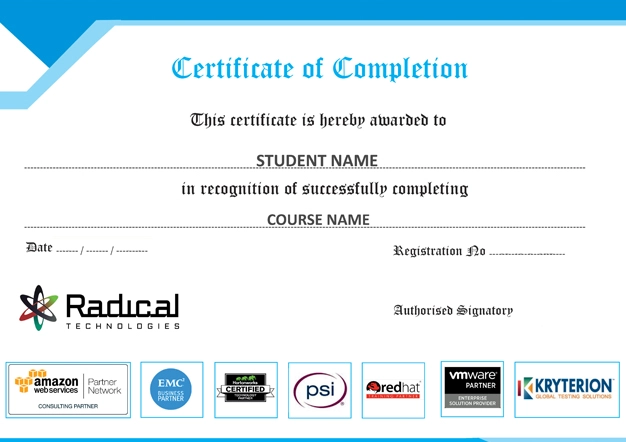


At Radical Technologies, we are committed to your success beyond the classroom. Our 100% Job Assistance program ensures that you are not only equipped with industry-relevant skills but also guided through the job placement process. With personalized resume building, interview preparation, and access to our extensive network of hiring partners, we help you take the next step confidently into your IT career. Join us and let your journey to a successful future begin with the right support.
At Radical Technologies, we ensure you’re ready to shine in any interview. Our comprehensive Interview Preparation program includes mock interviews, expert feedback, and tailored coaching sessions to build your confidence. Learn how to effectively communicate your skills, handle technical questions, and make a lasting impression on potential employers. With our guidance, you’ll walk into your interviews prepared and poised for success.
At Radical Technologies, we believe that a strong professional profile is key to standing out in the competitive IT industry. Our Profile Building services are designed to highlight your unique skills and experiences, crafting a resume and LinkedIn profile that resonate with employers. From tailored advice on showcasing your strengths to tips on optimizing your online presence, we provide the tools you need to make a lasting impression. Let us help you build a profile that opens doors to your dream career.









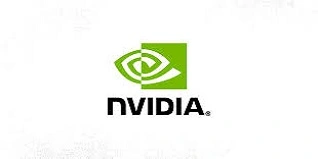
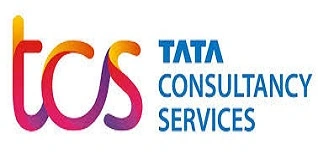


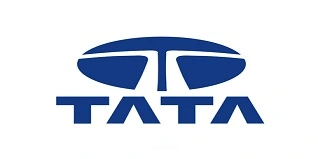

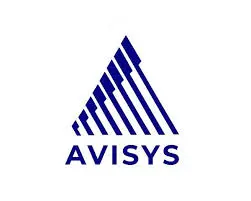




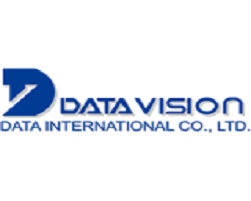
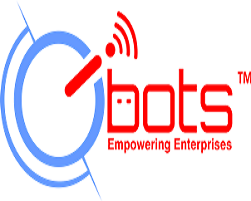
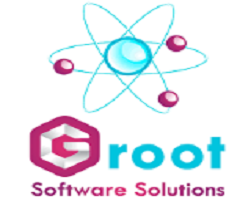
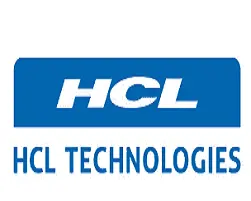
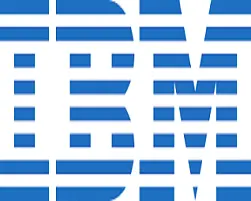
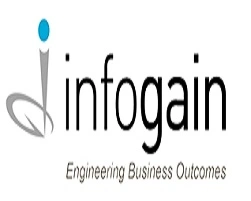
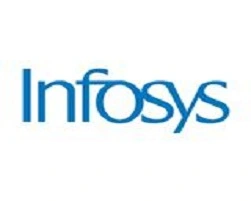
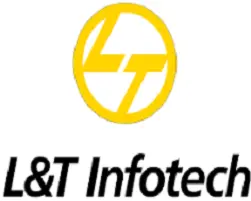
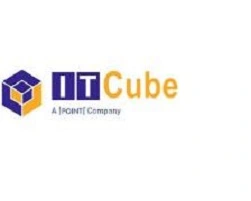
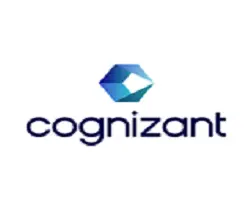
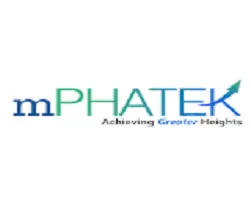


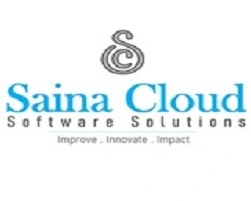






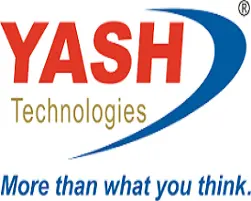
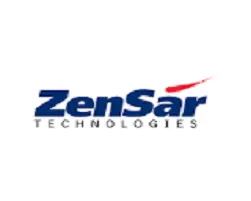
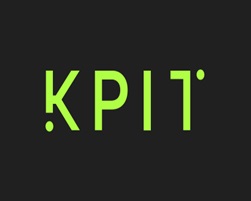
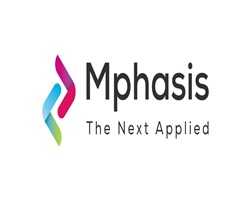
Kochi | Fort Kochi | Mattancherry | Ernakulam | Marine Drive | Kakkanad | Palarivattom | Kadavanthra | Chullikkal | Elamakkara | Kochi Port | Vyttila | Aluva | Thrippunithura | Panampilly Nagar | Edappally | Kothad | Njarackal
At Radical Technologies, we are committed to providing world-class Azure Data Engineer Training in Bangalore, helping aspiring data professionals master the skills needed to excel in the rapidly growing field of cloud data engineering. As the leading institute for Azure Data Engineer Course In Bangalore, we offer comprehensive, hands-on training designed to meet the demands of today’s data-driven organizations.
Our Azure Data Engineer Training Bangalore program covers every aspect of the Azure Data Engineer Syllabus, ensuring that students receive in-depth knowledge of data architecture, data processing, and data storage on Microsoft Azure. Whether you prefer attending classes in-person or via Azure Data Engineer Online Training, Radical Technologies provides flexible learning options to suit your needs.
Our Azure Data Engineering Training is renowned for its practical, real-world approach. Students have access to an industry-leading Azure Data Engineer Bootcamp, which combines theory and hands-on labs to ensure they are fully prepared for their certification exams. The Microsoft Azure Data Engineer Training is tailored to cover all key topics, from data integration to security, and is led by experienced professionals who are experts in their field.
For professionals and organizations seeking Azure Data Engineering Corporate Training, we offer tailored courses that address specific business needs. Our Azure Data Engineering Corporate Training Course ensures that teams gain practical experience in building scalable, secure, and efficient data solutions on Azure.
At Radical Technologies, our Azure Data Engineer Courses are structured to ensure that both beginners and experienced professionals alike can enhance their knowledge. The Azure Data Engineer Certification Training offered here equips students with the skills and credentials needed to stand out in a competitive job market.
Our institute also offers the Azure Data Engineer Full Course, which provides a comprehensive pathway for mastering Azure Data Engineering concepts and techniques. We take pride in being one of the top Azure Data Engineer Institutes in Bangalore, with a proven track record of helping students achieve their Azure Data Engineering Certification.
Whether you are looking for Azure Data Engineer Training Online or prefer our in-person classes in Bangalore, Radical Technologies is your trusted partner for career advancement in data engineering. Join us today to enroll in the Best Azure Data Engineer Course and kick-start your journey towards becoming a certified data engineer.


(Our Team will call you to discuss the Fees)


(Our Team will call you to discuss the Fees)